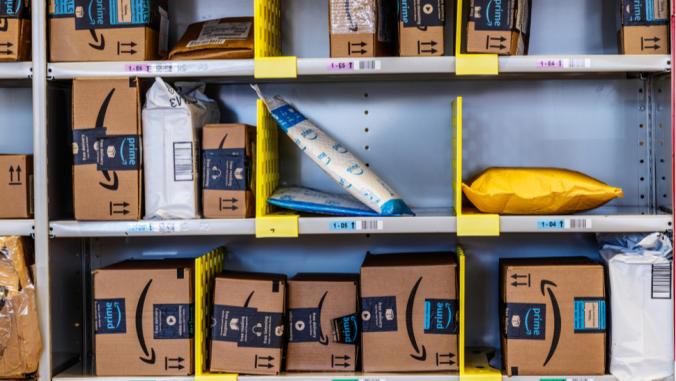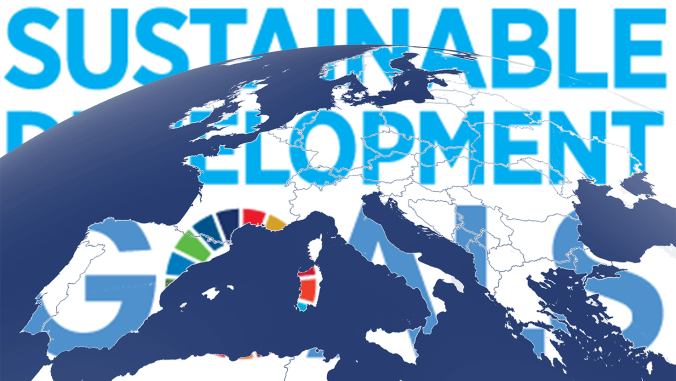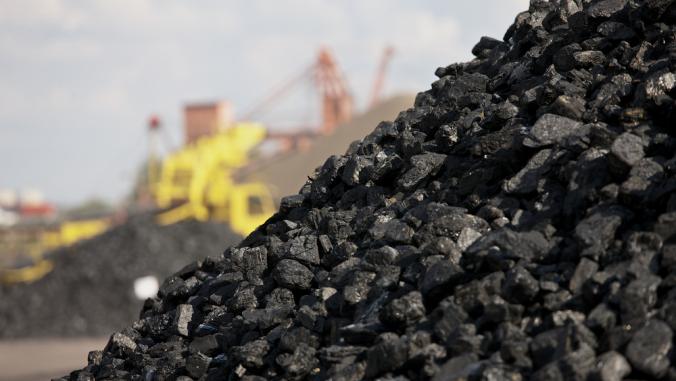Seaweed Offers Kelping Hand for Biofuels
<p>Fast-growing kelp could provide greener fuels without affecting the world's food supply.</p>

Seaweed image CC-licensed by Ryan McD/Flickr
Scientists say that developing biofuels from seaweed could provide not only an alternative low-carbon energy source, but also go some way to solving the problems of food and fuel crops competing for agricultural land.
The European Union currently has a target to increase the share of biofuels used in transport fuel to 10 percent by 2020, although green groups have long claimed that biofuels drive food prices up, result in deforestation and can even increase carbon emissions
However, marine ecosystems account for more than half of global biomass and are relatively untapped, potentially offering a solution to the conflict, say researchers at Aberystwyth University. They add that seaweeds are capable of producing more biomass per square metre than fast-growing terrestrial plants such as sugar cane.
Kelp in particular is ideal for biofuel use as it can be converted easily through fermentation, also known as anaerobic digestion, to produce ethanol and methane, or through pyrolysis, a method of heating the fuel without oxygen that produces bio-oil.
"Seaweed biofuel could be very important in future energy production," said Jessica Adams, a lead researcher at Aberystwyth University. "What biofuels provide that other renewables such as wind power cannot is a storable energy source we can use when the wind drops."
However, her work, which was presented yesterday at the Society for Experimental Biology annual conference in Glasgow, finds that suitability of kelp varies with the seasons.
Harvesting the kelp in July, when carbohydrate levels are at their highest, would ensure optimal sugar release for biofuel production.
"The storage carbohydrate and soluble sugars get converted into ethanol in the fermentation process, so we need as much as possible," Adams said. "Metals can inhibit the yeast, too, so we also want these to be as low as possible."
This story originally appeared at BusinessGreen.com.
Seaweed image CC-licensed by Ryan McD/Flickr





